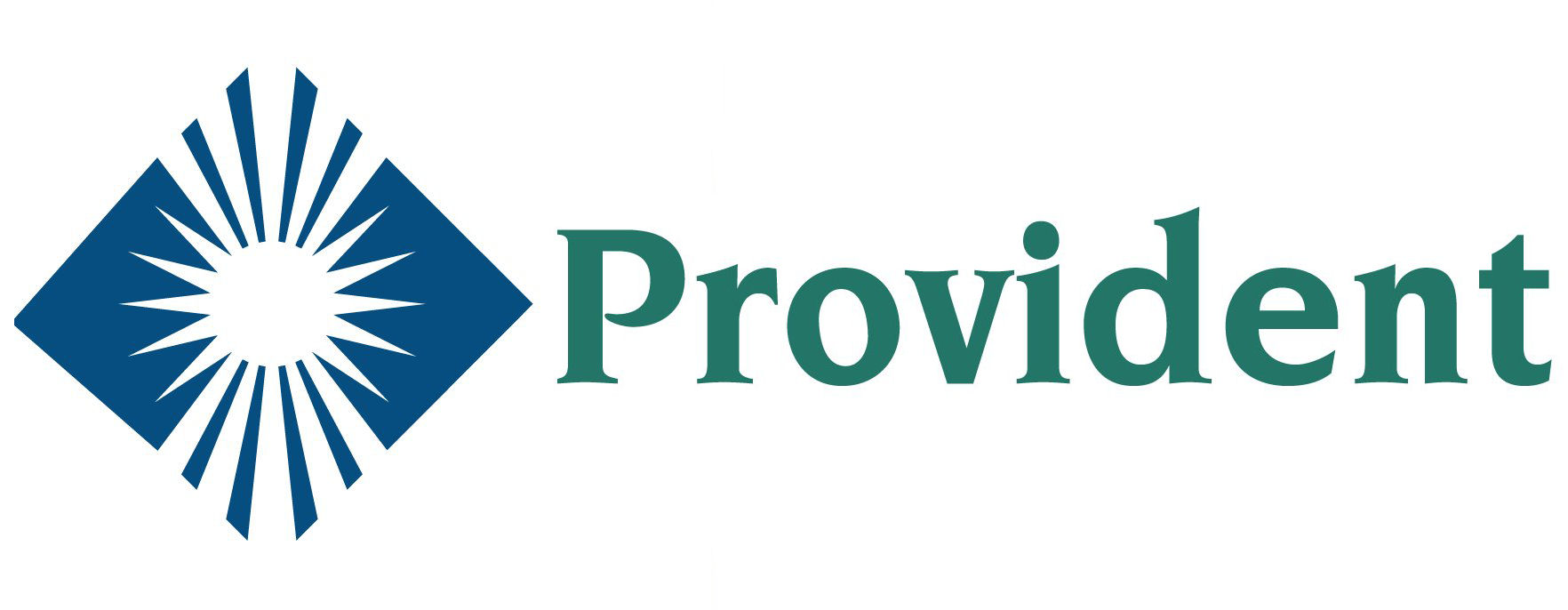Published December 2020
The incidence of mental health diagnoses is rising across the country to epidemic levels with over 25% of American adults have reported having a mental illness diagnosis. The true figure is estimated to be over 33% when accounting for those cases that go undiagnosed. The increasing demand for mental health treatment has put pressure on the industry to grow its capacity to support the influx. As a result, the utilization of mental health services is also escalating as service use has increased by 15% since 2007. De-stigmatization and growing acceptance for mental illness broadly has aided the growing industry.
In recent years, the mental health services industry has become an attractive target for investors. Strong demand for its services has spurred the increase in M&A activity within the space. As a fragmented industry, there is significant competition among mental health providers. Consolidators are looking to differentiate themselves by engaging in acquisitions to expand geographic footprint, purchase capacity, and broaden service offering. Provident believes that the following industry transformations and trends are driving the next wave of mental health consolidation.
•Introduction
•Growing Market and Rising Demand for Mental Health Services Amid COVID-19 Pandemic
•Strengthening of the Mental Health Care Continuum
•Consolidation Drivers within Mental Health Services Industry
•What Is Private Equity?
•How Does Private Equity Grow a Business?
•Provident Deal Spotlight: Beacon Behavioral Hospital
•Recent Consolidation in Mental Health Services
•Case Study: Refresh Mental Health (Lindsay Goldberg)
•Concluding Thoughts
Provide your information below to access this document.
